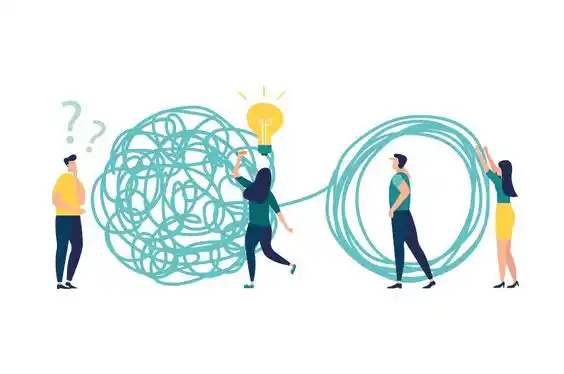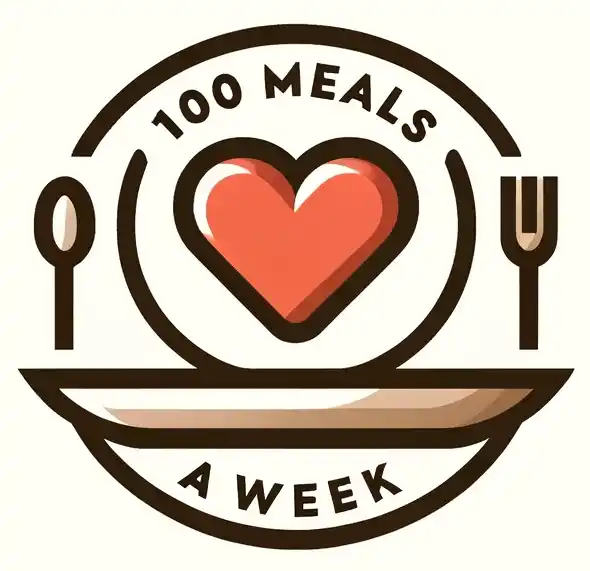Zeeshan and Karina Hayat’s Call for a New Understanding of Resilience

In a world increasingly defined by uncertainty—whether it be due to climate crises, global pandemics, or entrenched inequalities—the term “resilience” is often thrown around as a blanket solution for all adversity. Yet, is resilience simply about bouncing back from disaster? Or is it time we reframe it, moving from mere survival to thriving in the face of ongoing systemic challenges?
At its core, resilience has been overly simplified. For those consistently burdened by systemic inequality, environmental degradation, or chronic poverty, “resilience” risks becoming a hollow phrase—a veneer over the structural issues that need addressing. At 100 Meals a Week, we (zeeshan and karina hayat) believe resilience isn’t just the capacity to withstand shocks but the ability to reshape the systems that perpetuate vulnerability.
Resilience is Dignity, Not Charity
Resilience is inherently tied to dignity. Too often, the narrative around aid treats people as victims of circumstance. But when we focus on dignity, resilience becomes about ensuring that communities have the resources, autonomy, and respect they need to craft their own futures. This means creating systems that respect people’s rights and acknowledge their capabilities.
Rather than framing communities as perpetually vulnerable, 100 Meals a Week works to shift the focus towards their strengths. In this way, resilience becomes not about what people lack but about what they can achieve when given the tools and opportunities to lead.
Defining Resilience
In the context of our work, resilience refers to the ability of individuals and communities to endure hardships, respond to challenges, and recover from adversity without sacrificing their dignity. This is particularly relevant in addressing food insecurity, which not only affects physical health but also impacts mental and emotional well-being. Through our initiatives, we strive to ensure that those who are homeless or low-income can rely on warm, nutritious meals while accessing essential items like clothing, blankets, hygiene products, and sleeping bags.
Beyond Measurement: Redefining Success
How do we measure resilience? For too long, the focus has been on quantitative metrics—how many people received aid, how many projects were completed. But resilience, in its truest form, is about more than numbers. It’s about the intangible qualities that make communities strong: solidarity, knowledge-sharing, adaptability, and leadership.
At 100 Meals a Week, we, Zeeshan and Karina Hayat, look at resilience through a lens of long-term impact—are communities better able to navigate future uncertainties? Are they stronger, more united, and more empowered than before? The metrics we seek are not just about how well communities survive the next crisis but how they shape a sustainable, thriving future.
Key Elements of Our Approach
- Holistic Support Services: We prioritise listening to the needs and experiences of our community members. By understanding their challenges, we tailor our services to provide not just meals, but also clothing, blankets, hygiene products, and sleeping bags—essential items that make a meaningful difference.
- Empowering Volunteers: Volunteers are the backbone of our initiative. We engage passionate individuals who share our vision and empower them to play an active role in fostering resilience. Through their dedication, we not only distribute meals but also create a sense of belonging and community support.If you are looking to support a meaningful cause, donating essential items to 100 Meals a Week is a fantastic way to get involved. We pride ourselves on making it easy for everyone to contribute, breaking down barriers so that your generosity can reach those who need it most.
Lend a hand and help us create lasting change in our community—every contribution counts!
- Immediate Relief with Lasting Impact: Our rapid response to food insecurity ensures that those in need receive timely assistance. Since our inception, we have served over 250,000 meals, each one representing a step toward restoring hope and resilience for individuals facing difficult circumstances.
- Advocacy for Systemic Change: We believe that combating food insecurity requires addressing the root causes. Through our advocacy efforts, we work to promote policies and practices that ensure equitable access to resources, striving for a community where everyone can thrive.
A New Narrative for the Future
Resilience is not about returning to the way things were before a crisis. It’s about evolving—about creating communities that are not only capable of surviving the next disaster but of shaping a better reality for themselves and future generations.
Our role at 100 Meals a Week is to partner with communities in creating this vision. We don’t bring resilience to them—they already possess it. Our work is to help dismantle the obstacles in their way, providing support where it’s needed, and advocating for systems that promote true equity and empowerment. In this way, resilience becomes less about reacting to crises and more about transforming the world into one that is just, equitable, and prepared for the future.
How can we foster a narrative that empowers communities to reshape their futures rather than just endure hardships?
